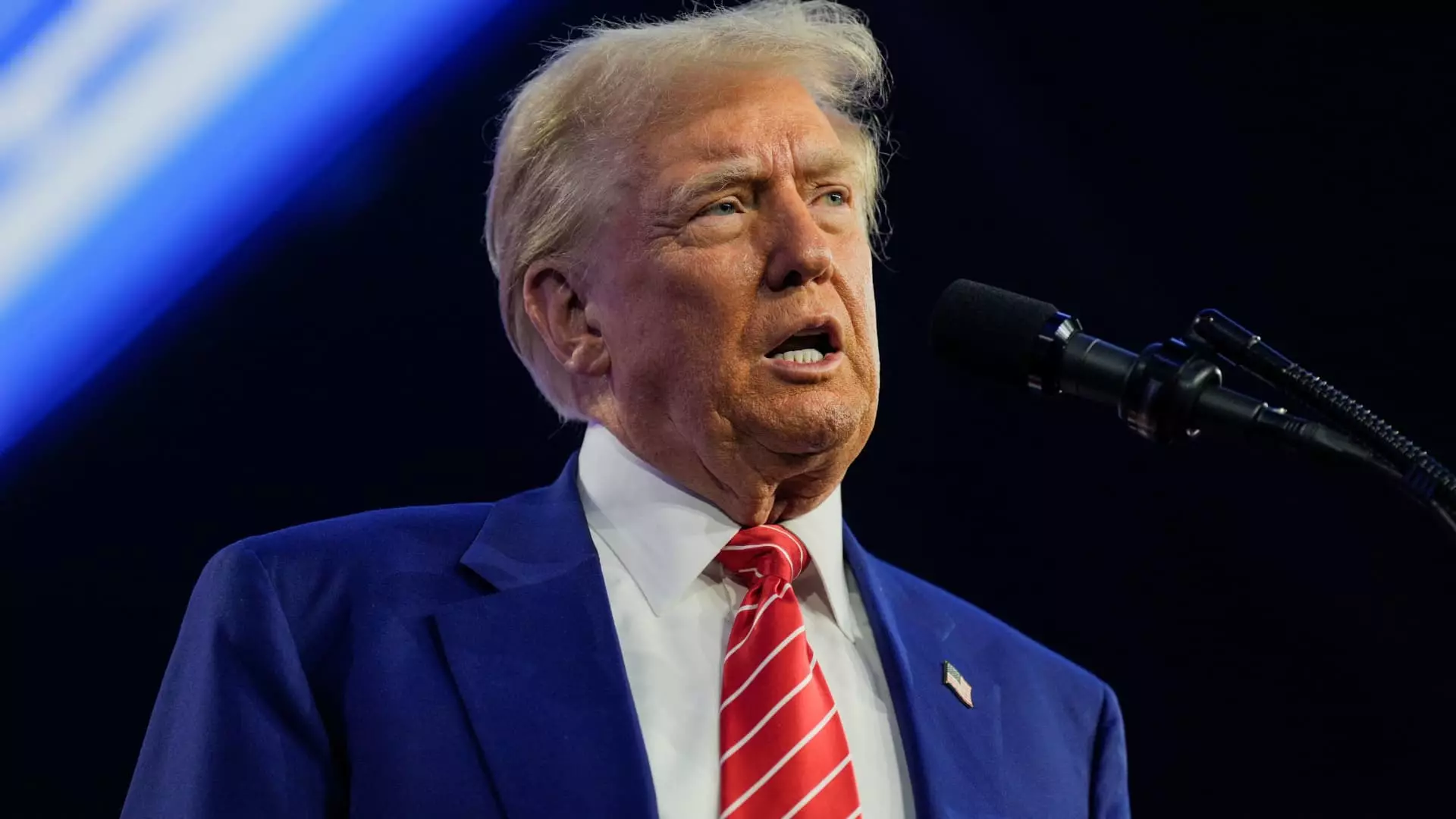In the rapidly evolving digital landscape, few topics have polarized public discourse quite like TikTok. As the app faces a potential ban in the United States due to its Chinese ownership, the implications stretch far beyond social media; they delve into the core of national security, the rights of free speech, and the precedents set for tech regulation in a globalized world. Recent legal maneuvers surrounding the implementation of a law, which could lead to TikTok’s ban in the U.S. if not sold by its parent company, ByteDance, have spurred intense debate and scrutiny.
The Protecting Americans from Foreign Adversary Controlled Applications Act, a bipartisan law passed by Congress and endorsed by President Joe Biden, seeks to impose stringent requirements on foreign-owned applications like TikTok. The law mandates that ByteDance divest from TikTok’s ownership or face a potential ban. This legislative action has invoked a strong response both in legal circles and among technology advocates, as it raises fundamental questions regarding the limits of governmental power in regulating private entities based on national origin.
President-elect Donald Trump’s recent request to the Supreme Court to pause the enforcement of this legislation sheds light on the political dimensions of the case. Trump’s legal team argues for a delay, suggesting that with the incoming administration, there lies an opportunity for a political resolution. Herein lies the crux: this situation illustrates how legal frameworks can become entangled with political interests, making it difficult to discern policy from posturing.
At the heart of the arguments supporting the ban is the narrative of national security. The government’s assertion is that TikTok could potentially enable the Chinese government to access sensitive data from American users or manipulate the app’s content. Such concerns are amplified by the current geopolitical climate, where tensions between the U.S. and China are palpable.
The Justice Department has reiterated these national security concerns, emphasizing the potential risks posed by foreign ownership of American technology platforms. Yet, it is crucial to evaluate the validity and motivations behind these claims. In their court briefs, both the Justice Department and TikTok sought to articulate their positions, with TikTok countering the threat narrative by invoking First Amendment rights of free speech, arguing that the attempted ban is a violation of constitutionally protected freedoms.
The legal saga surrounding TikTok is not merely a matter of laws and regulations; it reflects broader social tensions and the dynamics of power in technology. Trump’s assertion that he possesses the necessary “deal-making expertise” to negotiate a resolution does not just position him as a key decision-maker but also stands as a testament to the interplay between political leadership and technological governance.
This situation raises questions about the responsibility of leaders in safeguarding the balance between national security and individual freedoms. It is compelling to explore how a leader’s stance towards a platform can evolve—from opposition to a newfound support—within a short span of years. Trump’s meeting with TikTok CEO Shou Zi Chew signifies not only a shift in attitudes but also hints at the complexities of negotiating with global tech companies in times of heightened scrutiny.
As this legal dispute unfolds, implications extend well beyond TikTok. It raises an important question: to what extent should governments regulate technology that operates across international borders? The intersection of national security and free speech rights demands careful considerations. The notion of banning an application used by millions based on ownership and potential risks poses unprecedented challenges to freedom of expression in the digital age.
Should governmental bodies possess the authority to dictate the operational capacities of foreign-owned tech companies? The answer to that question is fraught with contradictions and requires comprehensive discourse, not just among lawmakers and jurists, but within the broader public sphere.
The legal battles surrounding TikTok reflect not only the intricacies of tech regulation but also the broader issues of national security, corporate influence, and personal liberties. As this case progresses, it will serve as a landmark decision, setting precedents for how technology intersects with law and governance in the years to come.



Leave a Reply